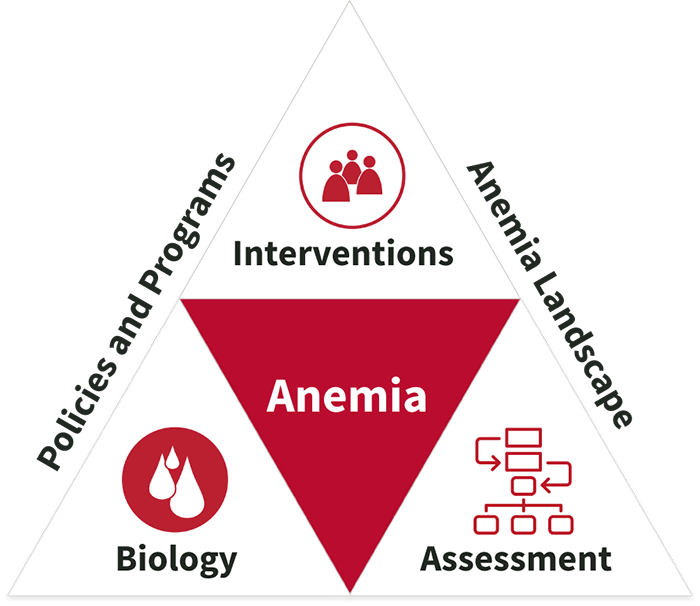Iron and micronutrients supplementation has been used widely to correct specific nutritional deficiencies linked to anemia. Oral iron supplements are the first-line treatment for iron deficiency and iron deficiency anemia in women of reproductive age. Gastrointestinal side effects from iron supplement intake are commonly reported, but can be decreased by following proper dosing regimens. Iron preparations available on the market vary widely in dosage, formulation, cost, and bioavailability.
Highly bioavailable ferrous iron is generally the most effective formulation for replenishing hemoglobin in patients with iron-deficiency anemia. However, the most commonly used formulation is the least expensive form, ferrous sulfate, which is more likely than ferrous iron to cause gastrointestinal discomfort. The bioavailability of another formulation, ferric iron is 3 to 4 times lower than that of ferrous sulfate. In areas with a high burden of viral, parasitic, and/or bacterial infections, aiming supplementation at children who are anemic or at risk of iron deficiency is suggested, accompanied by malaria prevention and disease treatment strategies. Vitamin A supplementation can improve hemoglobin concentrations.
We found 61 resource(s)
Pagination
- First page
- Previous page
- 1
- 2
- 3
- 4
- 5
- 6
- 7
- 8



